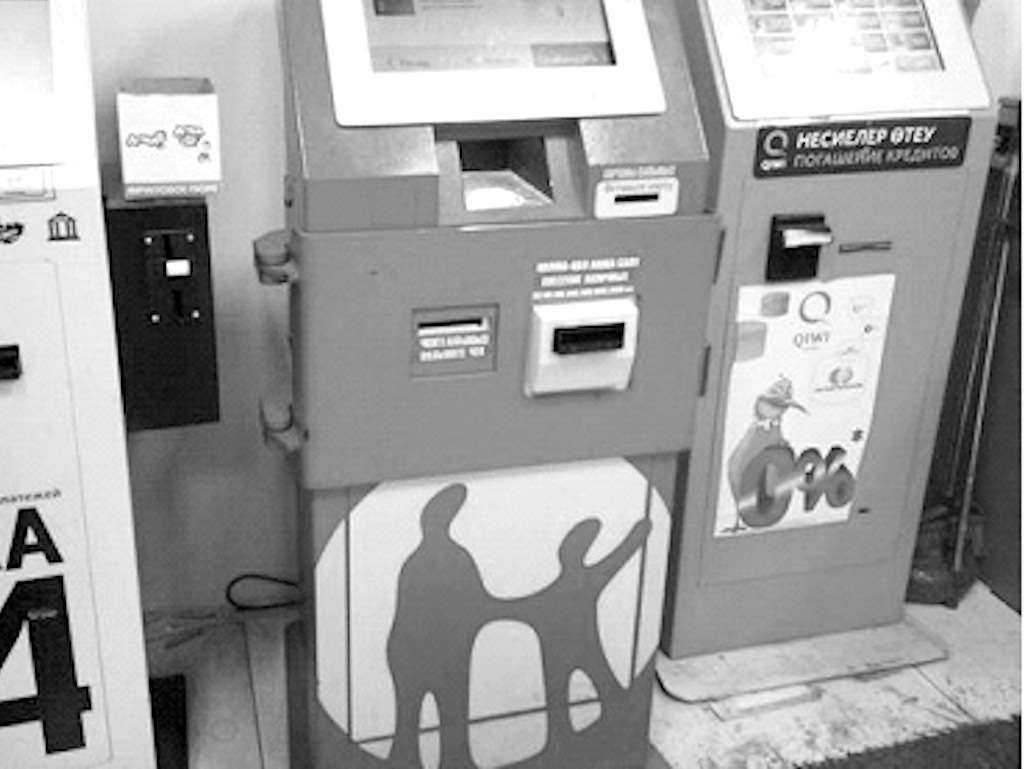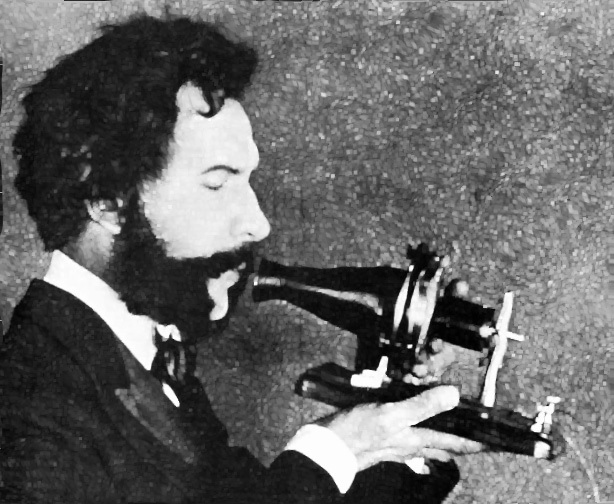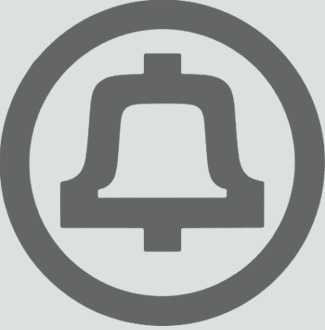Telecom Informer
by The Prophet
Hello, and greetings from the Central Office! I'm supposed to be in Kazakhstan right now, but my original flight routed through both Canada and Uzbekistan, whose borders are (as of this writing in the late summer) currently closed. The pandemic continues to drag on, snarling both business and personal travel, and slowing the fiber deployment I'm working on.
The telecommunications industry is exploding in Kazakhstan. For telephone numbers, the Kazakh numbering plan consists of a three digit area code and a seven digit telephone number. Kazakhstan and Russia jointly administer the +7 country code, making Kazakhstan the only country to have remained in the +7 country code following the breakup of the Soviet Union (note that subsequently, certain breakaway regions of former Soviet republics have rejoined the +7 country code with service provided by Russian carriers). Since it's a small, friendly arrangement, coordination isn't nearly as complicated as under the North American Numbering Plan Administrator. The numbering authorities of Russia and Kazakhstan coordinate their activities under a 2006 agreement, and notify the International Telecommunication Union (ITU) of changes.
The country's numbering plan is interesting, but to me, it's really only a curiosity. Far more interesting is the explosion of mobile phone services in Kazakhstan. There are now five nationwide carriers (Tele2, Altel, Beeline, Activ, and Kcell), so competition is fierce. They offer a dizzying array of plans, including plans for pensioners, hilariously tone deaf plans for students (Beeline's plan offers only 1 GB of data and only allows free access to university websites, but not the video conferencing services used for online classes), and multi-device plans that combine a single "unlimited" Internet plan (throttled after 200 GB) across a mobile hotspot device and a phone. The cheapest plan from Beeline costs around $5 and offers voice calling only, while the top-of-the-line plan costs about $19 per month. Other carriers charge roughly the same.
Calls are still charged by the minute and, as in Europe, SMS costs per message as well. Some plans come with bundles of minutes, but they are measured in the hundreds, not thousands. This has made WhatsApp the most popular way to communicate. The popularity of encrypted messaging is seemingly irritating to the Kazakh government, which requires real name registration for mobile phones and has been repeatedly attempting to backdoor encrypted communications through the forced installation of a malicious root certificate. It's not clear how this will be ultimately resolved, whether by other means of surveillance or through the implementation of a Chinese-style (and possibly Chinese-built) national firewall.
SIM cards are available almost everywhere. Kazakh people, like Chinese people, enjoy choosing "lucky" or "prestigious" numbers, and carriers capitalize on this by charging more money (up to $700) for numbers that are considered popular. What's an example of a $700 number? +7-771-455-5559, which was for sale as of this writing. Why? It has the number "5" repeated five times in it. When you consider that a line cook or hotel front desk clerk in a second tier Kazakh city makes about $175 per month, this is a truly eye-popping sum of money for a phone number. Cheaper phone numbers are available for around $1.50 and, frankly, some look pretty good to me. For example, +7-771-207-9200 is available from Beeline at a bargain basement price.
While new SIM cards do work for a couple of days after purchasing them without real name registration, they are deactivated promptly if a passport or national ID card isn't attached. This must be done with the mobile carrier's customer service. Keep this in mind, especially if you buy a really expensive phone number with your SIM card, because you risk losing your number when your service is deactivated! However, deactivation won't happen by surprise. You'll get plenty of helpful messages in the Russian and/or Kazakh languages reminding you to register. Hope you speak both!
In the past, to put money onto your account, you'd visit a mobile phone shop and pay cash. For the privilege of paying your phone bill, you'd have to pay a 10 percent commission (or more) to the shop. Gradually, a Russian company called Qiwi started setting up kiosks. These were more convenient because they operated 24x7 and the kiosks were ubiquitous, but a 10 percent commission was still charged. Finally, Kaspi Bank started offering commission-free bill payments to its account holders via app and kiosk. This service has quickly become one of the most popular ways to make payments, not only to utilities, but person-to-person. It reminds me of how WeChat became the most popular way to make payments in China. It's not uncommon these days for merchants in Kazakhstan to request payment via the Kaspi mobile app instead of cash.

Kazakh payment kiosks, Kaspi kiosk in the middle.
These can be used for mobile bill payments, as well as other bill and utility payments.
Mobile carriers are trying to get in on the fun. Beeline, for example, is now offering FinTech-style services and telling its clients to "think of us as a bank." Do you think of your phone company as a bank? Maybe in the future you will and, for my part, I fully support this. Just send all of your money to our friendly billing department. We'll helpfully subtract what we would like you to owe, and we'll apply the rest to your account which will be redeemable for future services prior to the expiration date. You know, sort of like an airline voucher. No cash refunds, of course!
And with that, it's time for me to rebook my flights. I'll be resuming a fiber to the home project when I'm eventually able to travel. Yes, Kazakhstan has fiber to the home in many apartment communities, at speeds up to 500 Mbps. It's O.K., though. The U.S. might catch up by 2048, if the infrastructure bill passes! You wouldn't expect us to invest our money, would you?
References

